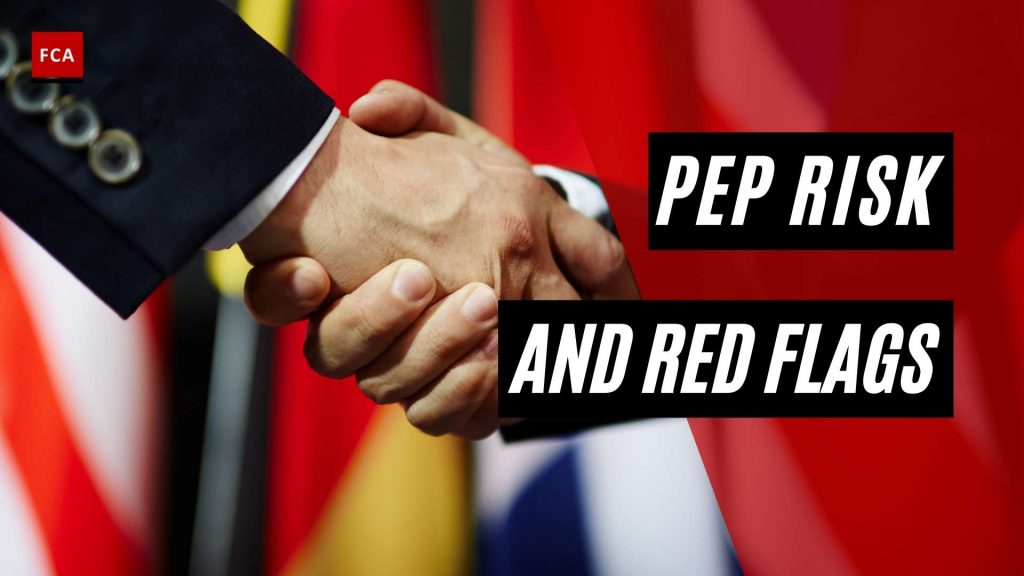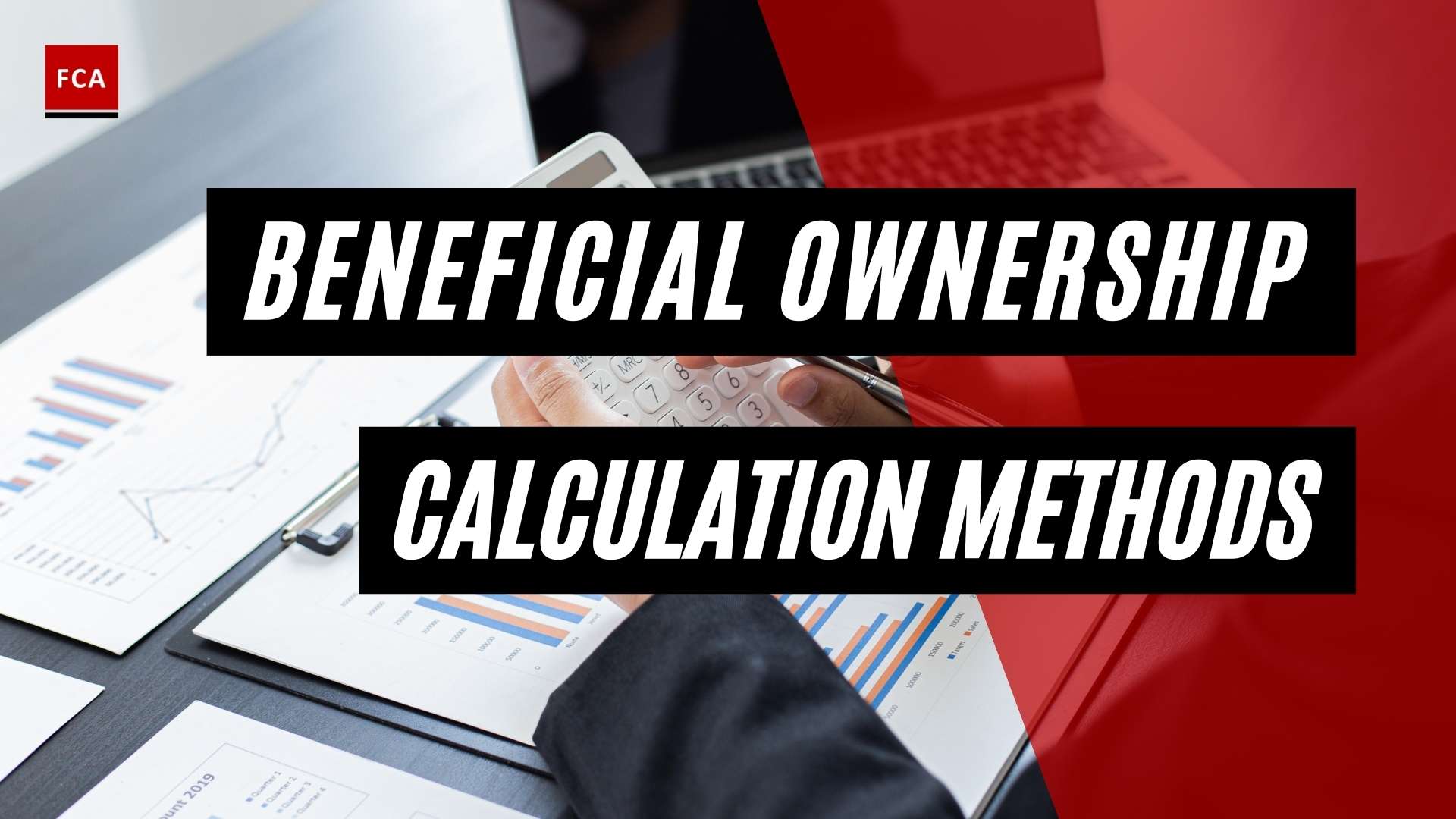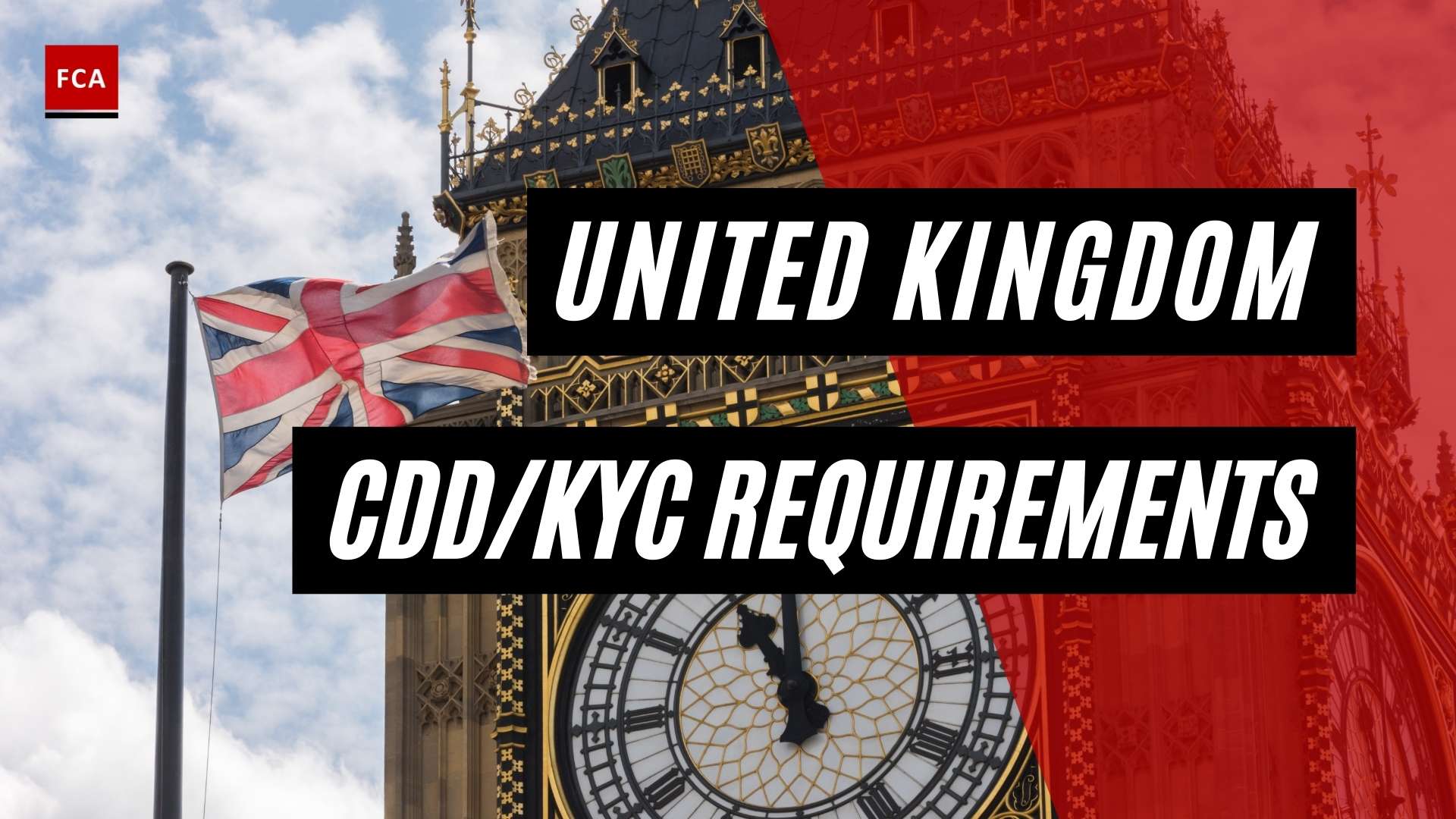A Politically Exposed Person (PEP) is defined by the Financial Action Task Force (FATF) as an individual who is or has been entrusted with a prominent public function. This article elaborates on ‘Politically Exposed Person Risk and Red Flags’.
Due to their position and influence, it is recognized that many PEPs are in positions that potentially can be abused to commit money laundering (ML) offenses and related predicate offenses, including corruption and bribery, as well as conducting activity related to terrorist financing (TF).
Foreign PEPs and Domestic PEPs
Foreign PEPs, according to the FATF, are individuals who are or have been entrusted by a foreign country with prominent public functions, such as heads of state or government, senior politicians, senior government, judicial, or military officials, senior executives of state-owned corporations, and important political party officials.
Individuals who are or have been entrusted with prominent domestic public functions, such as Heads of State or Government, senior politicians, senior government, judicial, or military officials, senior executives of state-owned corporations, and important political party officials, are examples of domestic PEPs.
The country that has entrusted the individual with the prominent public function distinguishes a foreign PEP from a domestic PEP. Other characteristics, such as country of residency or nationality, are not important in identifying the kind of PEP, but they may be useful in assessing the level of risk of a specific domestic PEP, according to the definition (as foreign PEPs are always a high risk).
It should also be emphasized that if a domestic PEP is also a foreign PEP through another significant public function in another nation, they are subject to the foreign PEP criteria.
The potential risks associated with PEPs justify the application of additional anti-money laundering/counter-terrorist financing (AML/CFT) preventive measures concerning the business relationships with the PEPs.
UNCAC Article 52
To address PPE-related ML/TF risks, the FATF Recommendations 12 and 22 require the financial institutions to ensure that appropriate measures are implemented to prevent the misuse of the financial system by the PEPs and to detect such potential abuse if and when it occurs.
Refusing a business relationship with a PEP, simply based on the determination that the client is a PEP, is not to be made. The FATF expanded the mandatory requirements to domestic PEPs and PEPs of international organizations, in line with Article 52 of the United Nations Convention against Corruption (UNCAC).
Article 52 of the UNCAC defines PEPs as “individuals who are, or have been, entrusted with prominent public functions and their family members and close associates” and includes both domestic and foreign PEPs. The purpose is to fight against corruption, which the FATF endorses. However, it is important to note that the aim of the 2012 FATF requirements extends more broadly to the fight against ML and its predicate offenses, including corruption and TF.
Monitoring of suspicious actions
The MLRO regularly monitors the accounts and activities of the high-risk category customers, such as politically exposed persons (PEPs), to ensure that the transactions and activities of the high-risk category customers are matched with their transaction thresholds. Accounts of high-risk category customers need to be monitored without the generation of alerts in the system to minimize the risk of occurrence of money laundering risks.
Suspicious actions may be detected by the AML system through the issuance of transaction alerts or by the compliance team during the compliance review. The compliance team checks the transactions and accounts of customers regularly, particularly those in the high-risk category, with the goal of detecting potentially suspicious activity.
The investigative steps for the specific customer are applied when the transaction alert is produced. To properly evaluate the account or transactions, the client must provide current information, such as changes in sources of income, current business activities, current revenues, business volume, and so on.
In case of satisfactory or discrepant information
In case the customer provides satisfactory information to the AML officer, then the alert is removed, remarks are noted by the AML officer, and the risk profile of the customer is updated. In case the customer fails to provide satisfactory information or responses to the queries raised by the AML officer, then the account is marked as a suspicious account.
In case the transactions and activities are not matched with the customer’s risk profile and transaction thresholds, then the investigation process must be initiated by the MLRO or AML team in coordination with the account opening team or officers. The MLRO must obtain and scrutinize the information and identify the reasons for unusual transactions or activity in the customer’s account. Based on valid justification and shreds of evidence, the MLRO or AML team marks the investigation process as closed.

- The deposit or withdrawal of substantial amounts of cash from an account;
- The refusal to provide CDD documentation on beneficial owners/controllers;
- The frequency with which deposits or withdrawals are made that is inconsistent with the financial institution’s understanding of the PEP customer;
- Payments received from or requests to make payments to a third party unknown or unrelated to the PEP;
- Money flows associated with personal and commercial activities that are difficult to differentiate from one another;
- PEP financial behavior that is inconsistent with the lawful or anticipated activity of the customer is classified.
- After a time of dormancy, a company account or commercial connection is brought back to life;
- The client is unable or unwilling to give information or plausible reasons to establish a business relationship, open an account, or execute a transaction with the merchant;
- For no prominent business or another purpose, the client maintains a large number of accounts;
- A pattern of frequent early loan repayments.
Final Thoughts
This article elaborates on ‘Politically Exposed Person Risk and Red Flags’. A PEP is an individual who is or has been entrusted with a prominent public function. Their position and influence can be abused to commit money laundering offenses and related predicate offenses, including corruption and bribery, as well as conducting activity related to terrorist financing.








